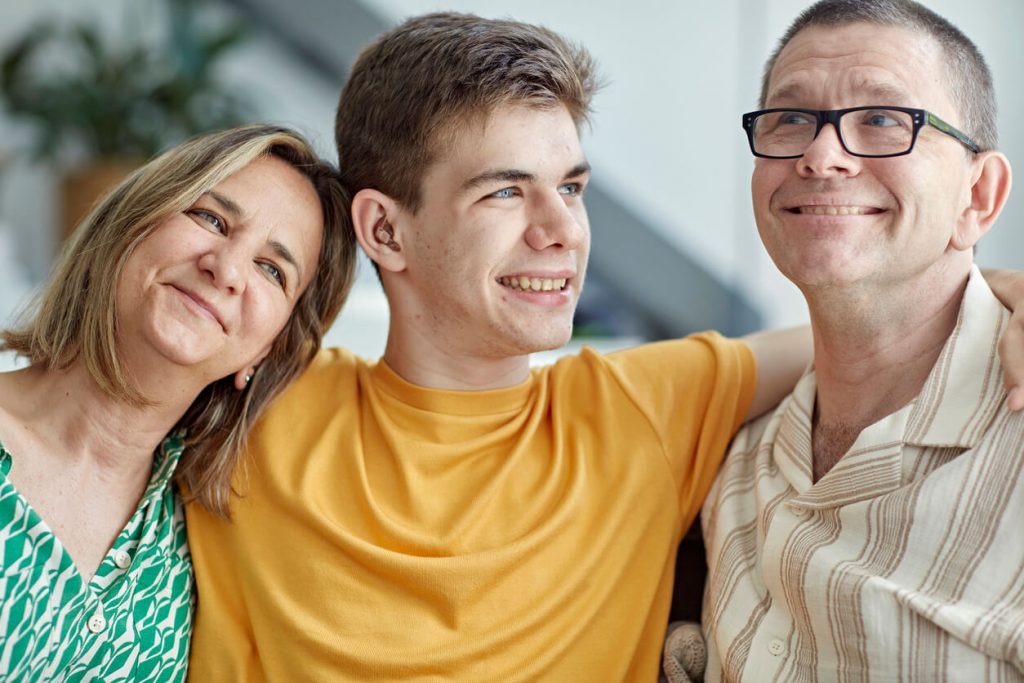Mr. and Mrs. Modern suspect their little Johnnie is engaging in online sex through Facebook. Johnnie has his computer in his room, and even though he has Covenant Eyes on his computer, Facebook is password-protected and such activity cannot be monitored. They wring their hands and, hopefully, pray together for Johnnie.
Meanwhile, down the hall, in his nice warm safe room, Johnnie is actually being solicited by an online predator. (About 20% of youth have received a sexual solicitation online.)
The next day, Mrs. Modern discovers a little locked box marked “PASSWORDS” in Johnnie’s desk. She sees that the lock is easy to pick, and so she wonders, “Is it right to steal my kid’s passwords?”
Let me ask this in a slightly different way. Do you think Mrs. Modern has the right to steal her son’s passwords? If the answer to that is yes, do you then think that Mrs. Modern is morally justified (“right”) in sneaking into the box to steal the passwords?
I would argue that the answer to both of those questions is “yes” – it is a parent’s right to do so. Doing whatever is legally necessary (and the above situation is legal in the U.S.) to protect your children is not only a right of parents, it is their duty to guard their children’s future security.
However, there is a better approach.
Good parenting means you shouldn’t need to steal the passwords.
Mr. and Mrs. Modern should have known little Johnnie’s passwords from the very beginning, and little Johnnie should have known that Mom and Dad will be checking it periodically to make sure he is safe.
Good parenting is not any easier in the dot-com generation, is it? Imagine being able to actually stand over your children’s shoulders every time they use the Internet. Yes, that’s impossible. Covenant Eyes is the best software to provide that, but even the best software cannot replace good parenting. It’s only a tool to accomplish that, and it would be foolish not to use that tool. But that’s not all there is to good parenting.
If you haven’t been diligent in knowing your kids’ use of password-protected sites, it’s not too late. To paraphrase Thomas Jefferson, whenever any form of parenting becomes destructive of the desired end, it is indeed the right of the parents to alter or abolish the old form, and to institute a new form of parenting, laying its foundation on such principles, and ordering their controls in such form as to them shall seem most likely to secure their children’s safety and happiness.
So, know your kids’ passwords, just as you know their real-life friends, just as you monitor where they go and what time they should be home.
And the earlier you start, the more your children will know and appreciate that you are doing your best to be good parents for them. If you haven’t already, please read our free e-book, Equipped.







First, teens will not always go to their parents with this kind of issue- I know this because I was one such teen.
Also, as a young adult who was very recently a teenager, I think I speak for many when I say that having my parents know my passwords made me trust them less. Even as a senior in high school, they had my email and Facebook passwords. I was doing nothing wrong in either of these media centers, but still was required to hand over this information. While I do believe that there is an age when knowing passwords is appropriate, at the same time, a trustworthy high school senior should be given the respect of being able to handle that on his or her own.
But what does one do if they are already parenting the sneaky teenagers? I myself do not have teenagers…yet, but there are those who do who have not done a thing to protect their children.
So what does an in-the-hole parent do?
Having long been a close observer of humans, I believe it is best to take a direct approach and discuss with the teens why the Internet is dangerous, and then request they give you their passwords to major sites such as Facebook, other social networking sites, well-known forum sites, and possibly their e-mail. I am somewhat hesitant about e-mail access, because to me, it almost is like recording every conversation your teen has in a day, and playing it back for you and your spouse. What friends say, and how your child responds, is entirely their business.
Sure, one may argue that cyberbullying is the unconfronted menace, but one can tell if their child is being bullied. They will come to you if it is an issue. No need to pry or interrogate.
Facebook chat is not encrypted. It is possible to log all conversations in your home to a database without ever touching a password, i’ve done it. It’s a lot easier than trying to log in as them when they are talking.